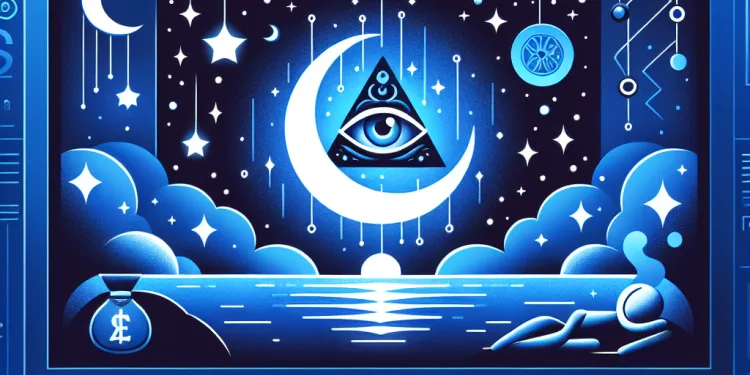
Find Help
More Items From Ergsy search
-
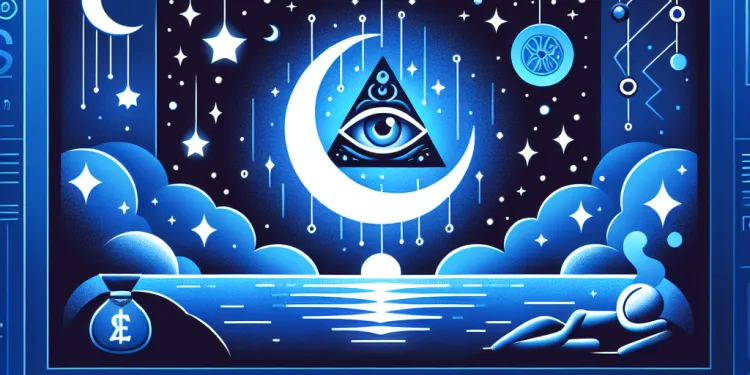
Is blue light from screens a factor in affecting sleep quality?
Relevance: 100%
-
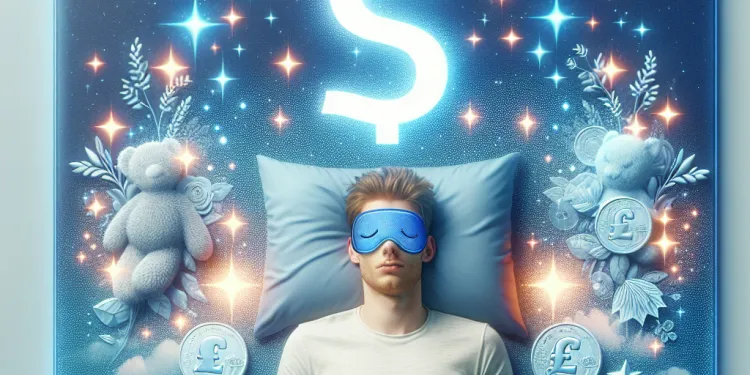
Do mitigation strategies like blue light glasses help improve sleep quality?
Relevance: 86%
-

How does screen time affect sleep quality?
Relevance: 74%
-
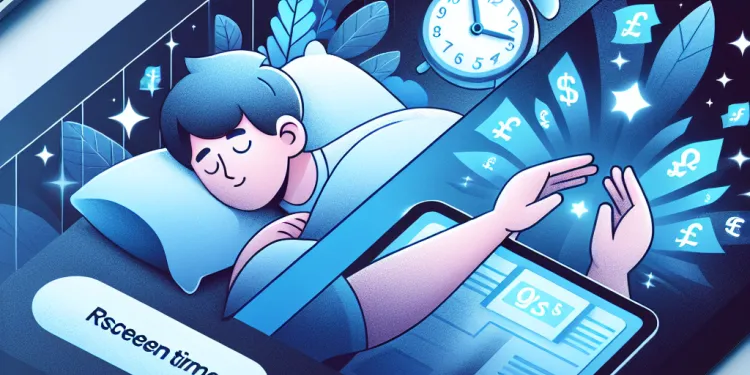
Can reducing screen time improve sleep quality?
Relevance: 73%
-

Study Shows Link Between Screen Time and Sleep Quality
Relevance: 70%
-

What is the main finding of the study linking screen time to sleep quality?
Relevance: 64%
-

Are there any screen time guidelines recommended for improving sleep?
Relevance: 62%
-
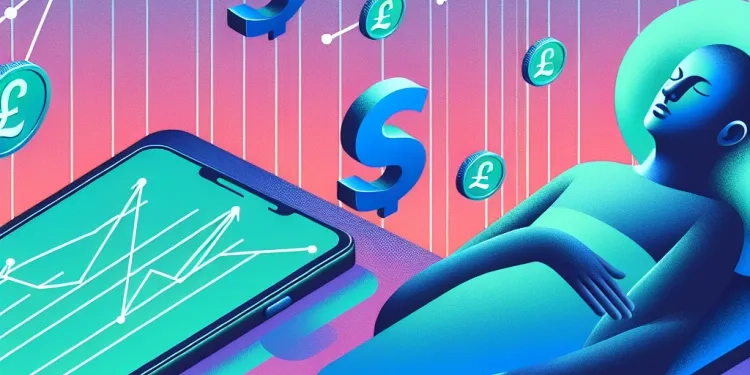
What demographic showed the most significant change in sleep quality due to screen time?
Relevance: 59%
-

Does screen time affect both sleep onset and sleep maintenance?
Relevance: 59%
-

What are some tips for reducing screen time to improve sleep?
Relevance: 59%
-
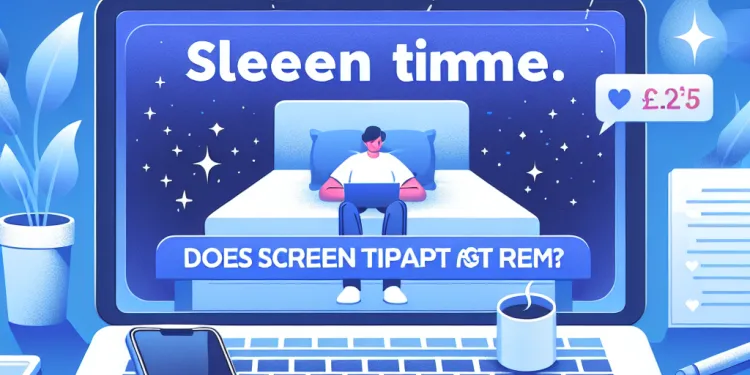
Does screen time impact REM sleep?
Relevance: 58%
-

Is there a difference in screen time impact on sleep between weekdays and weekends?
Relevance: 52%
-
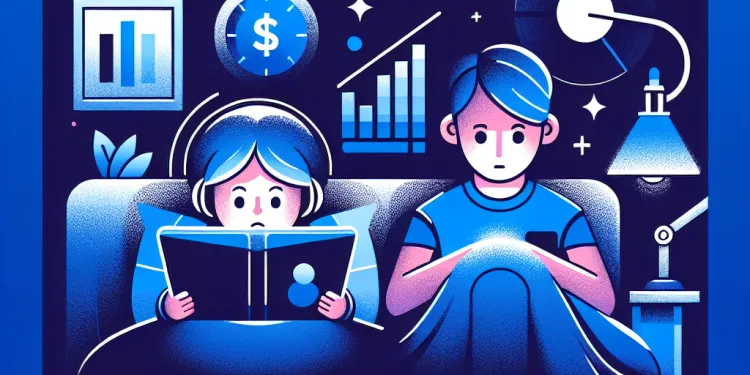
Are children more affected by screen time in relation to sleep than adults?
Relevance: 48%
-

How does screen time before bed specifically affect adolescents?
Relevance: 45%
-
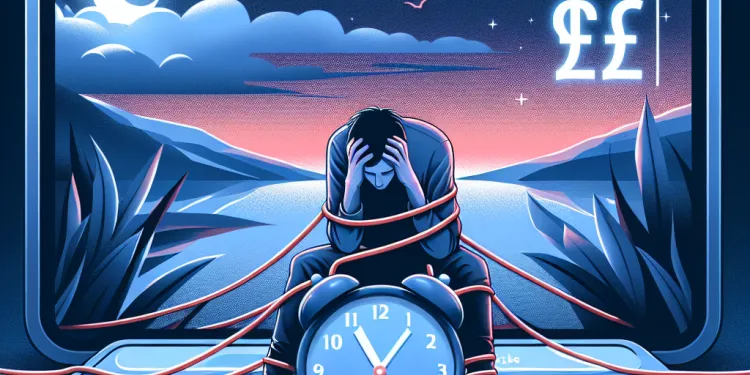
What are some long-term effects of poor sleep quality linked to screen time?
Relevance: 44%
-
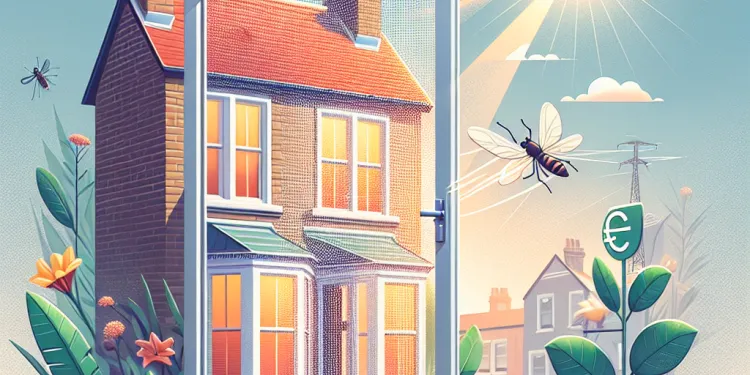
Will mosquito screens block out light or air?
Relevance: 41%
-

What is the role of parental monitoring in children's screen time and sleep?
Relevance: 39%
-
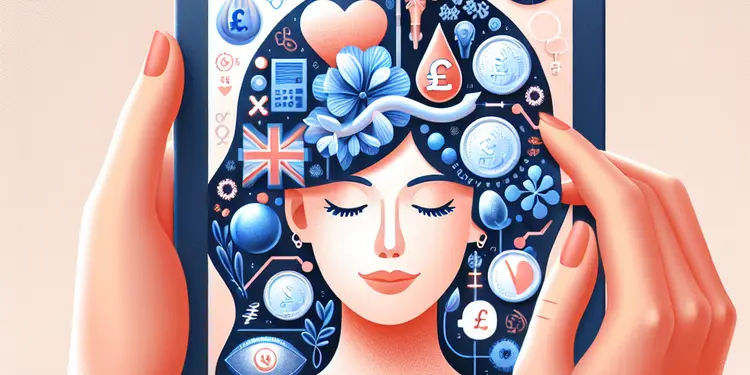
How does sleep quality relate to menopause symptoms?
Relevance: 39%
-
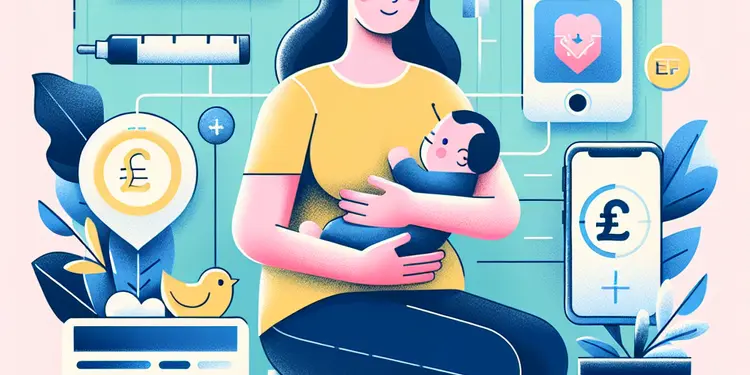
How is postnatal depression different from the 'baby blues'?
Relevance: 35%
-
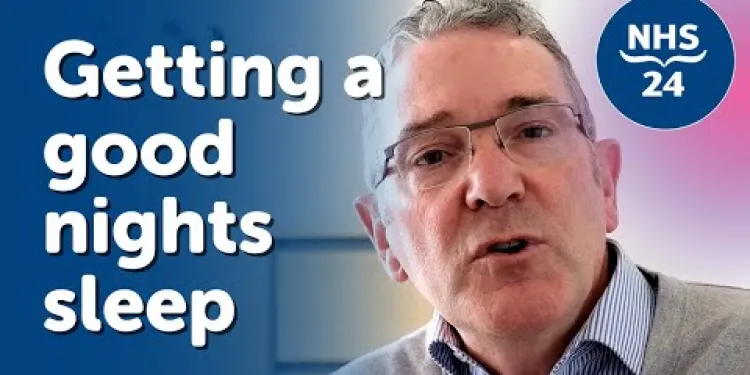
Top Tips to Help You Get a Good Nights Sleep
Relevance: 32%
-
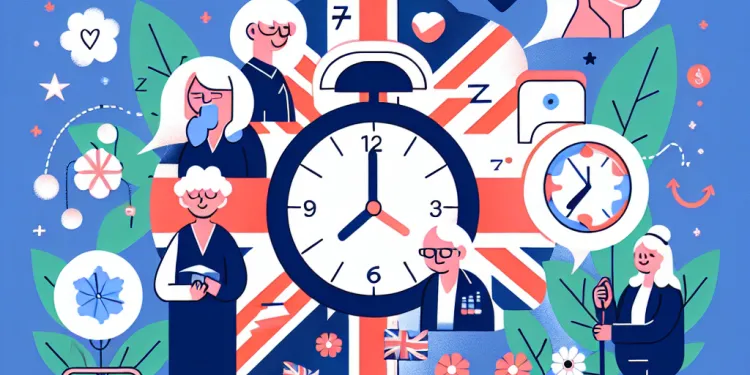
The Importance of Sleep for All Ages
Relevance: 27%
-
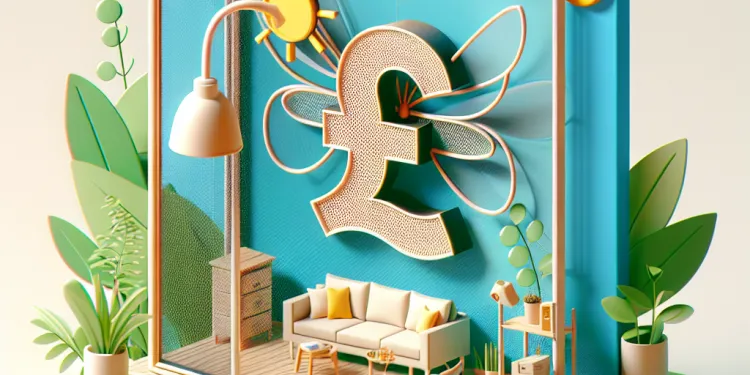
Are there retractable mosquito screens available?
Relevance: 27%
-
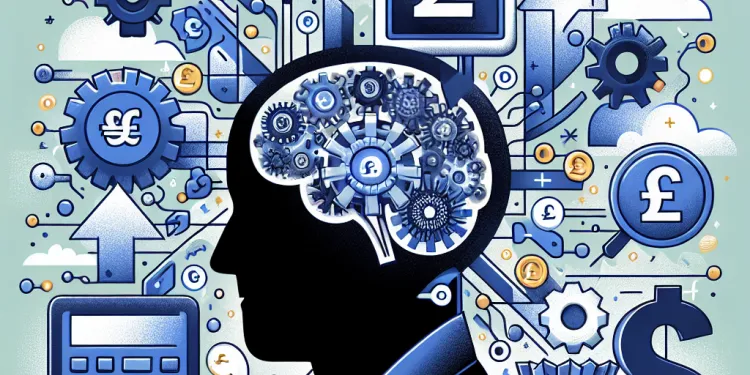
Should people with a concussion avoid screens and technology?
Relevance: 26%
-
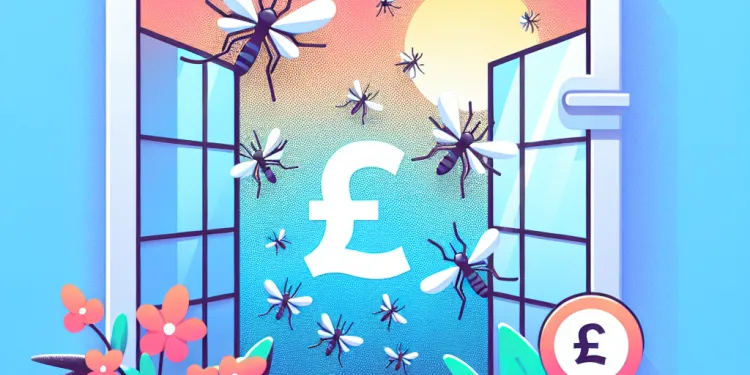
Are Mosquito window screens effective?
Relevance: 26%
-
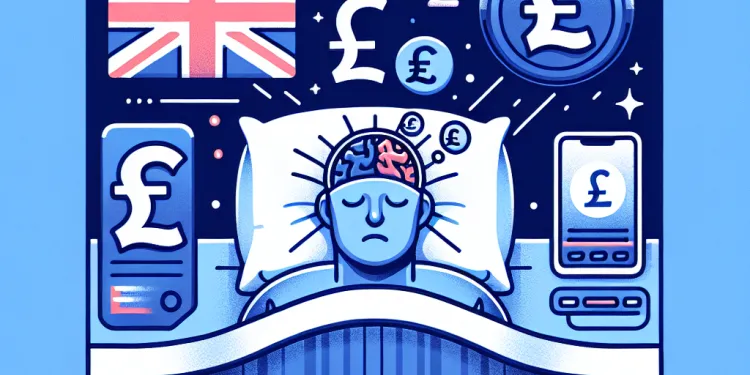
Is it safe to sleep after a concussion?
Relevance: 26%
-
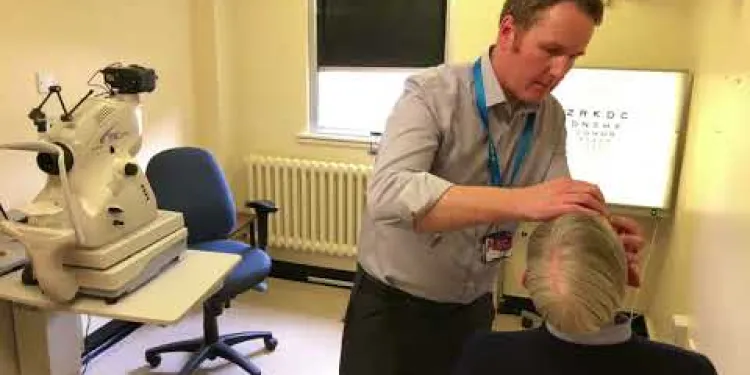
Derbyshire Diabetic Eye Screening - Diabetic Eye Screening
Relevance: 25%
-
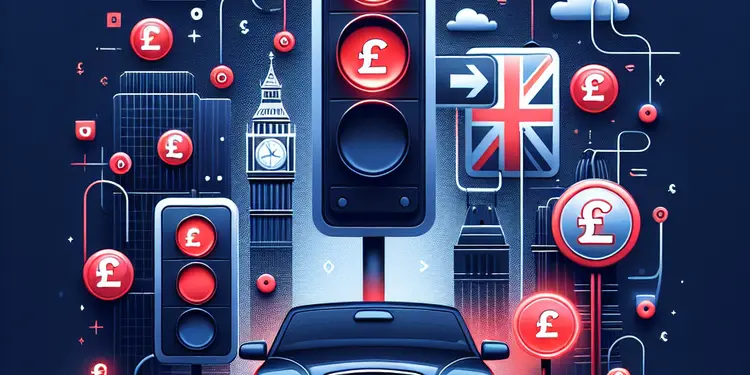
Is it dangerous driving to run a red light?
Relevance: 25%
-
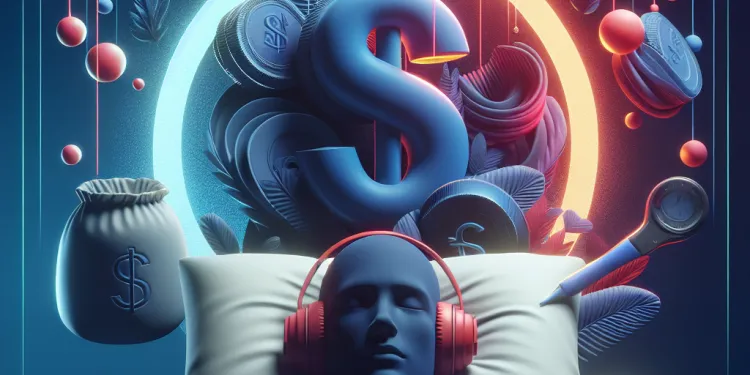
Why is sleep apnea dangerous?
Relevance: 24%
-
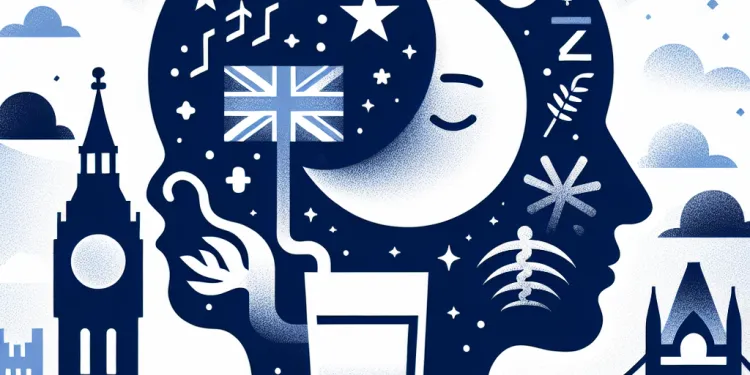
Can alcohol worsen sleep apnea?
Relevance: 24%
-
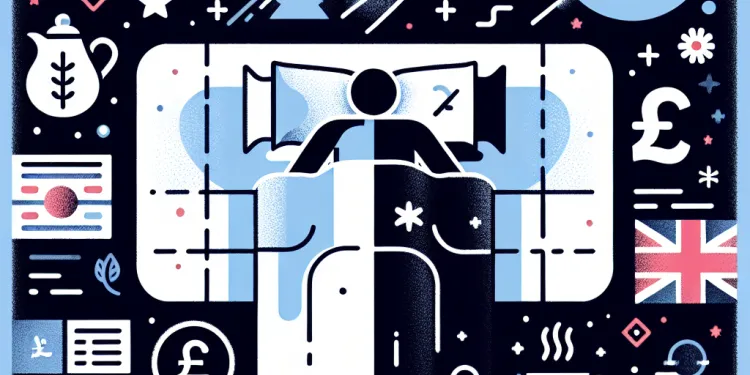
What is sleep apnea?
Relevance: 24%
-
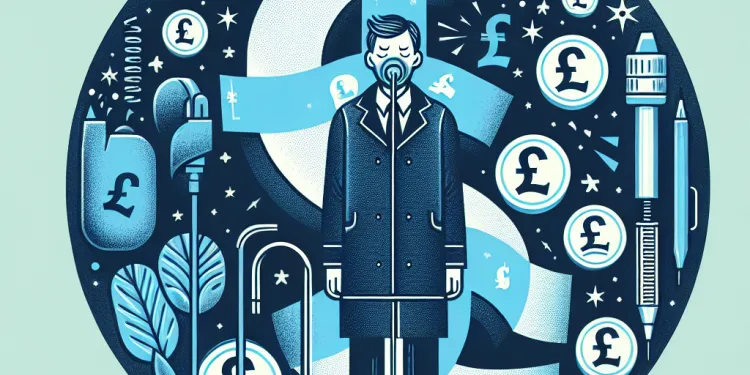
What is sleep apnoea?
Relevance: 23%
-

Newcastle Specialist Continence Service's Light Urinary Incontinence Project
Relevance: 23%
-
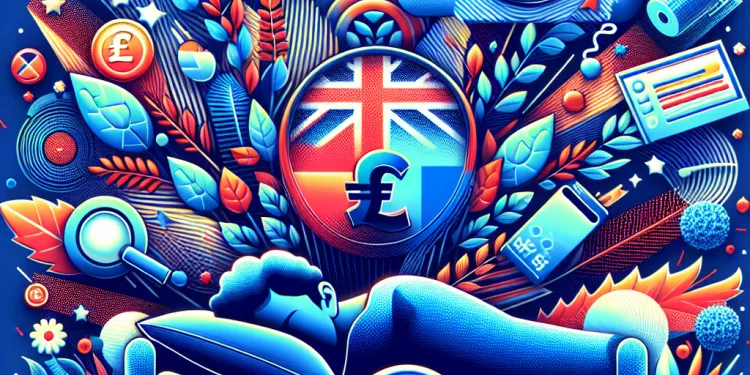
What lifestyle changes can help manage sleep apnea?
Relevance: 23%
-

What should I do if I suspect I have sleep apnea?
Relevance: 23%
-
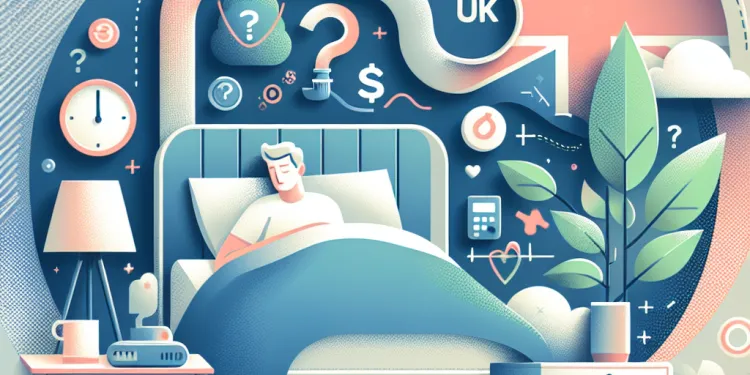
How common is sleep apnea?
Relevance: 23%
-
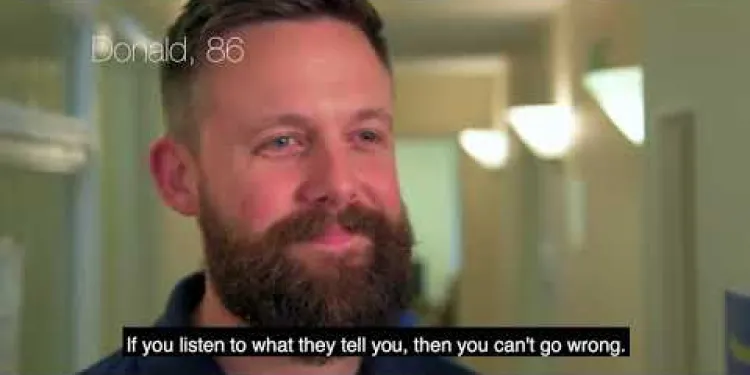
Diabetes Eye Screening
Relevance: 23%
-
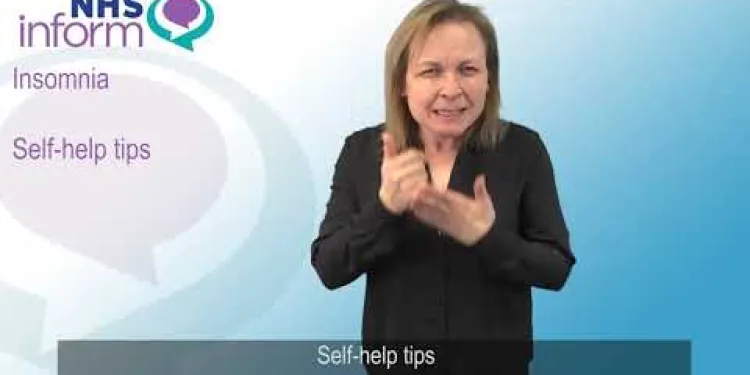
BSL - Insomnia self-help tips
Relevance: 23%
-
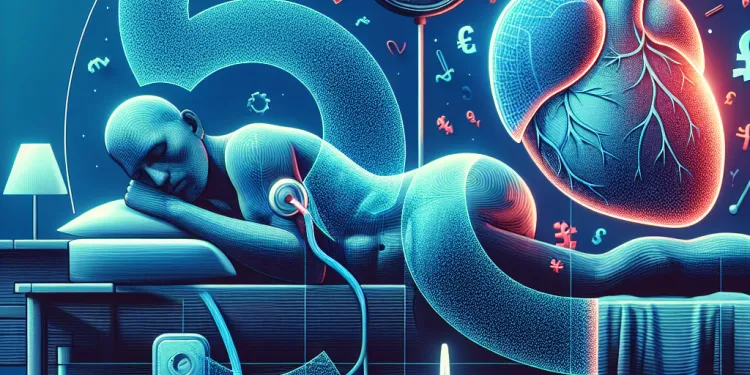
What is complex sleep apnea syndrome?
Relevance: 22%
-
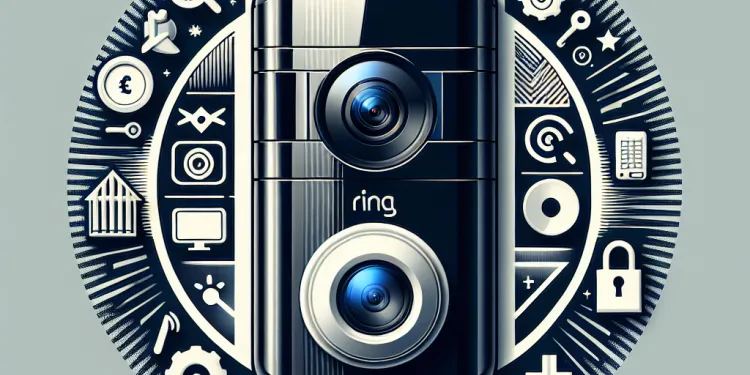
Is the video quality of a Ring Doorbell Camera good?
Relevance: 22%
-
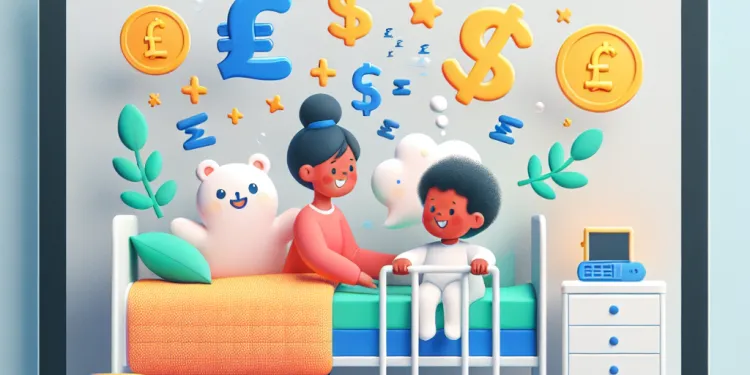
Can children have sleep apnea?
Relevance: 22%
The Impact of Blue Light on Sleep Quality
In recent years, the concern over blue light emitted by electronic screens has gained significant attention. As the use of digital devices has become more prevalent, people are increasingly interested in understanding how blue light exposure might be affecting their sleep quality. This curiosity is fueled by both anecdotal evidence and scientific studies that suggest a possible connection between screen time and sleep disturbances.
Understanding Blue Light
Blue light is a part of the visible light spectrum with high energy and a short wavelength, which is comparable to the natural light we experience during the daytime. This type of light is emitted by smartphones, tablets, computers, and other screen-based devices. While natural exposure to blue light during daylight hours helps maintain a healthy circadian rhythm, prolonged exposure to artificial blue light in the evening can be disruptive.
Scientific Evidence
Research has indicated that blue light can interfere with the production of melatonin, the hormone responsible for regulating sleep-wake cycles. Melatonin levels typically rise in the evening to help prepare the body for sleep, but exposure to blue light can delay this response. This delay might lead to difficulties falling asleep, reduced sleep duration, and poorer sleep quality overall.
Recommendations for Reducing Blue Light Exposure
Health experts often recommend several strategies to mitigate the impact of blue light on sleep. One common suggestion is to limit screen time in the evening, ideally avoiding screens for at least 30 minutes to an hour before bedtime. Additionally, many devices now feature settings or apps that filter out blue light, shifting the display to warmer tones that are considered less disruptive to sleep.
Alternative Solutions
For individuals concerned about blue light but unable to reduce screen time, there are alternative solutions available. Blue light blocking glasses have become popular among those who need to use screens in the evening. These glasses are specifically designed to filter out blue light, potentially reducing its impact on melatonin production and sleep quality.
Conclusion
While not all experts agree on the extent to which blue light affects sleep, the prevailing evidence suggests that it can be a factor in sleep disturbances. By understanding the role of blue light and taking steps to minimize exposure, individuals may improve their sleep quality. As the research continues to evolve, adopting practices that support healthy sleep hygiene remains a prudent approach for those concerned about blue light and its effects.
The Impact of Blue Light on Sleep Quality
People are talking a lot about blue light. Blue light comes from screens on things like phones, tablets, and computers. This light might be stopping people from sleeping well. Scientists and people sharing their stories both say too much screen time might keep us from sleeping soundly.
Understanding Blue Light
Blue light is a type of light that we see every day. It is like the light we get from the sun. Phones, tablets, and computers all give off blue light. Seeing blue light during the day is good because it helps us stay awake. But seeing it at night might stop us from sleeping well.
Scientific Evidence
Research shows that blue light can stop our bodies from making melatonin. Melatonin is a thing our body makes to help us sleep. We need more melatonin at night to get ready for bed. Too much blue light can delay melatonin, making it hard to fall asleep and stay asleep.
Recommendations for Reducing Blue Light Exposure
Experts say we should try to use screens less at night. It is good to stop using phones, tablets, and computers at least 30 minutes to an hour before bed. Many devices now can change their screen color to softer tones that are easier on the eyes at night.
Alternative Solutions
If you need to use screens at night, there are other ways to help. You can try wearing blue light blocking glasses. These glasses help block the blue light from reaching your eyes. This might help you sleep better.
Conclusion
We still have lots to learn about blue light and sleep. But many people think it can affect how well we sleep. By knowing about blue light and finding ways to use less of it, we might sleep better. It is a good idea to try things that help us get a good night's sleep.
Frequently Asked Questions
What is blue light?
Blue light is a type of high-energy visible (HEV) light with short wavelengths, emitted by digital screens and electronic devices.
How does blue light affect sleep?
Blue light can interfere with the production of the sleep hormone melatonin, making it harder to fall asleep.
Are screens the only source of blue light?
No, the sun is the largest source of blue light, but digital screens, LED lighting, and fluorescent lights also emit blue light.
Do blue light filters help with sleep?
Blue light filters can reduce the amount of blue light emitted from screens, potentially improving sleep by minimizing melatonin disruption.
How much screen time before bed affects sleep?
Using screens at least one hour before bed might impact sleep quality, but the effect can vary from person to person.
Can special glasses block blue light?
Yes, blue light blocking glasses are designed to reduce blue light exposure, which might help prevent sleep disruption.
Does blue light affect everyone’s sleep equally?
Sensitivity to blue light varies among individuals; some people may experience more sleep disturbances than others.
Is night mode on devices effective for sleep?
Night mode reduces blue light exposure by altering screen color to warmer tones, which may help with sleep.
What is melatonin?
Melatonin is a hormone produced by the pineal gland in the brain that helps regulate sleep-wake cycles.
Why is minimizing blue light important in the evening?
Reducing blue light exposure in the evening helps maintain natural melatonin production, promoting better sleep.
What are some tips to reduce blue light exposure at night?
Use blue light filters, enable night mode, reduce screen time, and wear blue light blocking glasses.
Can reducing blue light improve sleep quality?
Reducing blue light exposure can improve sleep quality by allowing natural sleep cycles to function properly.
How does natural sunlight compare to screens in terms of blue light?
Natural sunlight contains more blue light than screens, but its timing and intensity are aligned with natural body rhythms.
Do all screens emit the same amount of blue light?
No, the amount of blue light can vary depending on the type of screen and the device settings.
What are circadian rhythms?
Circadian rhythms are natural, internal processes that regulate the sleep-wake cycle and repeat roughly every 24 hours.
Is the impact of blue light on sleep a new discovery?
Research has increasingly shed light on the impact of artificial light, including blue light, on sleep in recent years.
Are children more affected by blue light in terms of sleep?
Children may be more sensitive to blue light, which can impact their developing sleep patterns.
Can screen time during the day affect sleep?
Daytime screen use usually has a minimal effect on sleep, though excessive use can lead to other issues like eye strain.
Is blue light the only light that affects sleep?
While blue light is especially impactful due to its effect on melatonin, all forms of light can affect sleep to different extents.
Can using digital devices at night cause insomnia?
Excessive night-time exposure to blue light can contribute to insomnia by disrupting melatonin production and altering circadian rhythms.
What is blue light?
Blue light is a type of light. It comes from the sun, lights, and screens like TVs and phones.
Too much blue light can make your eyes tired. You can use special glasses or screen settings to help.
Blue light is a kind of light that has a lot of energy. It is part of the light we can see. Blue light comes from things like computer screens, tablets, and phones.
Does blue light make it hard to sleep?
Blue light can make it hard for us to sleep. It comes from screens like phones and tablets.
At night, blue light can trick our brains into thinking it's still daytime. This can stop us from feeling sleepy.
Try these tips to sleep better:
- Turn off screens an hour before bed.
- Read a book instead of using a phone.
- Use blue light glasses in the evening.
Blue light can stop your body from making the sleep hormone called melatonin. This can make it hard to fall asleep.
Do screens give us all the blue light?
No, the sun is the biggest source of blue light. But things like screens on computers and phones, LED lights, and fluorescent lights also give off blue light.
Do blue light filters help you sleep better?
Blue light comes from screens like phones and tablets. It can make it hard to sleep.
Blue light filters can make screens less bright. This might help you sleep better.
Try to stop using screens at bedtime. You can also use orange glasses to block blue light.
Blue light filters help lower the blue light coming from screens. This can help you sleep better because it keeps melatonin from getting mixed up.
Does using screens before bed affect sleep?
Using phones, tablets, or watching TV before bed might make it harder to sleep well. Try to stop using screens an hour before bedtime to help you sleep better.
To relax before bed, you can:
- Read a book
- Listen to calm music
- Do some gentle stretches
- Practice deep breathing
Looking at screens, like phones or tablets, before bed can make it harder to sleep well. But it can be different for everyone.
Do special glasses stop blue light?
Yes, blue light blocking glasses help keep out blue light. This might help you sleep better.
Does blue light change how well everyone sleeps the same way?
Blue light can make people feel awake. Some people have trouble sleeping because of it. But not everyone does.
Does night mode help you sleep better?
Some phones and tablets have a night mode. This makes the screen dark and soft. People say it helps you sleep. But does it really work?
To find out, you can:
- Try night mode for a week.
- See if you sleep better.
- Ask family or friends what they think.
It might help to use apps or stickers to remind you to switch on night mode.
Night mode makes your screen look warmer and less blue. This can help you sleep better.
What is melatonin?
Melatonin is something in your body that helps you sleep. It is a chemical that tells your body when it is time to go to bed.
If you have trouble sleeping, you can do things to help. You can turn off bright screens before bed and keep your room dark. Some people also take melatonin pills, but you should talk to a doctor first.
Melatonin is something made in the brain. It helps us know when to sleep and when to wake up. This is called the sleep-wake cycle.
Why should we lower blue light at night?
Lowering blue light at night is important because it can affect your sleep. Blue light comes from screens like phones, tablets, and computers.
If you use these screens too much before bed, it can make it hard for you to fall asleep. This is because blue light can trick your brain into thinking it is still daytime.
Here are some tips to help:
- Turn off screens at least one hour before bedtime.
- Use apps or settings on your devices to lower blue light.
- Read a book or listen to calm music instead of using screens.
Stopping blue light at night helps you make more melatonin. This helps you sleep better.
How can I see less blue light at night?
Try these tips to help your eyes:
- Use a screen that blocks blue light.
- Turn on night mode on your device.
- Spend less time looking at screens.
- Wear special glasses that block blue light.
Does less blue light help you sleep better?
Looking at too much blue light, like from screens, can make it hard to sleep well. Reducing blue light can help you sleep better. This lets your body sleep the way it should.
What is the difference between sunlight and screens with blue light?
Sunlight outside has more blue light than screens, but it matches our body's natural time and needs.
Do all screens give off the same amount of blue light?
Do all screens, like TVs, phones, and tablets, shine the same kind of blue light? Some screens might shine more blue light than others. Blue light can make your eyes feel tired.
Here are some tips to help:
- Use "blue light filter" on your devices. It can help reduce blue light.
- Take breaks from looking at screens. This gives your eyes a rest.
- Try special glasses that block blue light. They can be helpful if you use screens a lot.
No, different screens can have different amounts of blue light. This can change based on the screen and how the device is set up.
What are circadian rhythms?
Circadian rhythms are like clocks inside your body. They tell your body when to sleep, wake up, and eat. These rhythms help your body do things at the right time each day.
Try to go to bed and wake up at the same time every day. This will help your body's clock work better.
You can use tools like bedtime stories or calming music to help you sleep.
Circadian rhythms are natural body clocks that help us know when to sleep and wake up. They work every 24 hours.
Did we just find out that blue light affects sleep?
Scientists have known for some time that blue light can make it hard to sleep. But now, more people are talking about it. Blue light comes from phones, tablets, and computer screens.
To sleep better, try these tips:
- Try turning off screens an hour before bed.
- You can use special glasses that block blue light.
- Some apps can change your screen's light to help you sleep.
Scientists have been learning more about how light from screens and lamps can change how we sleep. This includes a type of light called blue light.
Does blue light make it harder for children to sleep?
Children might be more affected by blue light. This light can make it harder for them to sleep well as they grow.
Can looking at screens in the day change how we sleep?
People often use phones, tablets, and computers. These are called screens.
Using screens a lot in the day might make it hard to sleep at night.
Some helpful tips:
- Try to use screens less before bedtime.
- Take breaks from screens during the day.
- Try reading a book or doing something quiet before bed.
Using screens a little bit during the day doesn’t usually hurt your sleep. But using them too much can make your eyes tired or hurt.
Does only blue light change how we sleep?
No, it is not just blue light that can change our sleep.
Other types of light, like white light or bright lights, can also make it hard to sleep.
Here are some tips to help with sleep:
- Try to spend less time in front of screens before going to bed.
- Use a night light or dim lights in the evening.
- You can use apps on your phone or computer that make the screen look warmer at night.
These tips can help you get better sleep. If sleep is still hard, talk to a grown-up or a doctor for more help.
Blue light can change how we sleep by affecting a chemical in our body called melatonin. But other kinds of light can also change how we sleep.
Can using screens at night stop you from sleeping?
Too much blue light at night can make it hard to sleep. It stops your body from making a sleep chemical called melatonin. This can mess up your body clock.
Useful Links
This website offers general information and is not a substitute for professional advice.
Always seek guidance from qualified professionals.
If you have any medical concerns or need urgent help, contact a healthcare professional or emergency services immediately.
Some of this content was generated with AI assistance. We’ve done our best to keep it accurate, helpful, and human-friendly.
- Ergsy carfully checks the information in the videos we provide here.
- Videos shown by Youtube after a video has completed, have NOT been reviewed by ERGSY.
- To view, click the arrow in centre of video.
- Most of the videos you find here will have subtitles and/or closed captions available.
- You may need to turn these on, and choose your preferred language.
- Go to the video you'd like to watch.
- If closed captions (CC) are available, settings will be visible on the bottom right of the video player.
- To turn on Captions, click settings .
- To turn off Captions, click settings again.
More Items From Ergsy search
-

Is blue light from screens a factor in affecting sleep quality?
Relevance: 100%
-

Do mitigation strategies like blue light glasses help improve sleep quality?
Relevance: 86%
-

How does screen time affect sleep quality?
Relevance: 74%
-

Can reducing screen time improve sleep quality?
Relevance: 73%
-

Study Shows Link Between Screen Time and Sleep Quality
Relevance: 70%
-

What is the main finding of the study linking screen time to sleep quality?
Relevance: 64%
-

Are there any screen time guidelines recommended for improving sleep?
Relevance: 62%
-

What demographic showed the most significant change in sleep quality due to screen time?
Relevance: 59%
-

Does screen time affect both sleep onset and sleep maintenance?
Relevance: 59%
-

What are some tips for reducing screen time to improve sleep?
Relevance: 59%
-

Does screen time impact REM sleep?
Relevance: 58%
-

Is there a difference in screen time impact on sleep between weekdays and weekends?
Relevance: 52%
-

Are children more affected by screen time in relation to sleep than adults?
Relevance: 48%
-

How does screen time before bed specifically affect adolescents?
Relevance: 45%
-

What are some long-term effects of poor sleep quality linked to screen time?
Relevance: 44%
-

Will mosquito screens block out light or air?
Relevance: 41%
-

What is the role of parental monitoring in children's screen time and sleep?
Relevance: 39%
-

How does sleep quality relate to menopause symptoms?
Relevance: 39%
-

How is postnatal depression different from the 'baby blues'?
Relevance: 35%
-

Top Tips to Help You Get a Good Nights Sleep
Relevance: 32%
-

The Importance of Sleep for All Ages
Relevance: 27%
-

Are there retractable mosquito screens available?
Relevance: 27%
-

Should people with a concussion avoid screens and technology?
Relevance: 26%
-

Are Mosquito window screens effective?
Relevance: 26%
-

Is it safe to sleep after a concussion?
Relevance: 26%
-

Derbyshire Diabetic Eye Screening - Diabetic Eye Screening
Relevance: 25%
-

Is it dangerous driving to run a red light?
Relevance: 25%
-

Why is sleep apnea dangerous?
Relevance: 24%
-

Can alcohol worsen sleep apnea?
Relevance: 24%
-

What is sleep apnea?
Relevance: 24%
-

What is sleep apnoea?
Relevance: 23%
-

Newcastle Specialist Continence Service's Light Urinary Incontinence Project
Relevance: 23%
-

What lifestyle changes can help manage sleep apnea?
Relevance: 23%
-

What should I do if I suspect I have sleep apnea?
Relevance: 23%
-

How common is sleep apnea?
Relevance: 23%
-

Diabetes Eye Screening
Relevance: 23%
-

BSL - Insomnia self-help tips
Relevance: 23%
-

What is complex sleep apnea syndrome?
Relevance: 22%
-

Is the video quality of a Ring Doorbell Camera good?
Relevance: 22%
-

Can children have sleep apnea?
Relevance: 22%


